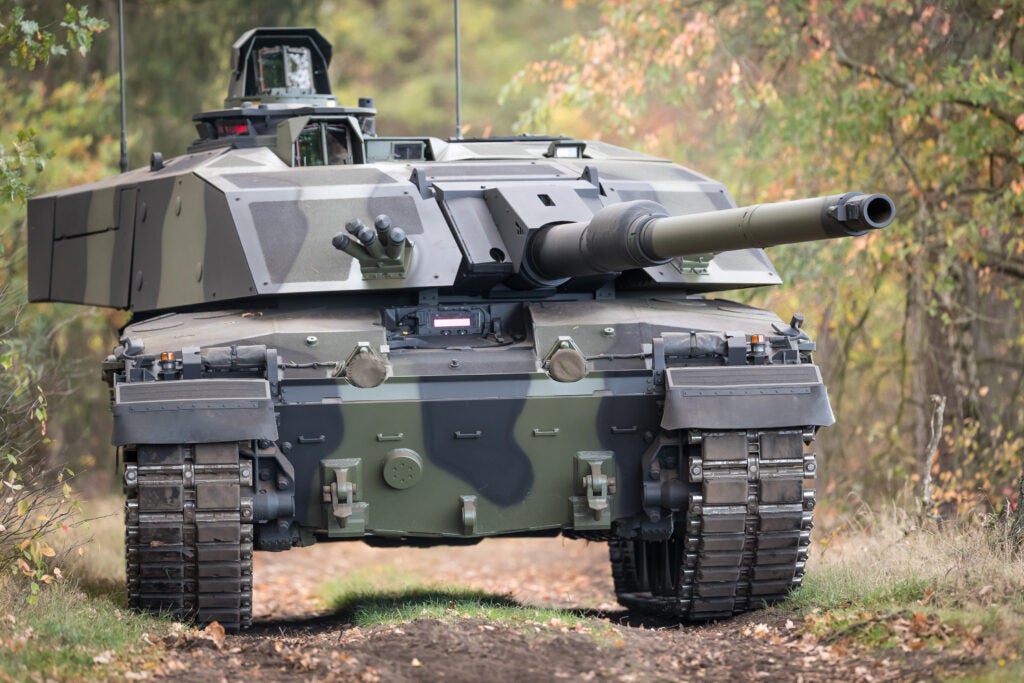
To achieve this, ViaSat recommended a ‘fused hybrid approach to capability delivery’. To do this Viasat recommends a shift to simplify the complexity of the MOD, and to take risks to move forward.
In evidence submitted the UK Parliament’s Defence Select Committee, Viasat UK said: “A more agile fused hybrid approach is therefore needed to acquire the appropriate systems and services to meet technology acceleration and rapidly changing adversarial threats. This, in turn, demands a new approach by government in its relationships with industry in order to build trusted partnerships now with those companies supplying networks, data and applications to drive information advantage.
“The simplified spiral development assessment centres, with outcome capabilities as the drivers, meet competition rules, better sources capability (to deliver mission and technology), moves integration ownership to industry consortia, shares risk and design obligations, allows ‘Test before you buy’ and drives incremental innovation at speed into capability”.
Viasat submitted the evidence in response to the Defence Select Committee’s inquiry into the UK’s defence industrial policy and procurement. The focus of the inquiry is to improve the economic and international value of defence, help UK industry become more competitive, and make it easier for defence to do business.
Viasat UK managing director Steve Beeching told Army Technology: “The MOD procurement process currently has a number of challenges leading to overspend/delays, unplanned obsolescence and failure to deliver rapid capabilities. The biggest challenges are that the current platform-centric focus leads to long development and delivery periods.
“What’s more, organisations developing these platforms face highly detailed technical specifications that need to be followed but which end up as outdated by the time the platform is delivered. This adds complexity – and so time and cost – and in turn, stifles innovation.”
How well do you really know your competitors?
Access the most comprehensive Company Profiles on the market, powered by GlobalData. Save hours of research. Gain competitive edge.

Thank you!
Your download email will arrive shortly
Not ready to buy yet? Download a free sample
We are confident about the unique quality of our Company Profiles. However, we want you to make the most beneficial decision for your business, so we offer a free sample that you can download by submitting the below form
By GlobalDataThe company added that the delayed Integrated Review of Defence and Foreign policy gave the UK time to revamp its procurement in a way that would “save billions of pounds, end complex procurement procedures and ensure that UK armed forces have available the most up-to-date equipment.”
Beeching added: “Instead, the MOD’s procurement process must be simplified with a laser focus on mission outcome capability. Rather than setting out the required technologies for an entire large platform at the very start of the process, the procurement programme should be implemented in bite-sized chunks allowing incremental capabilities to evolve throughout the development and be applied to the platform as needed. This allows newer technologies to be put in place, ensuring that out-of-date systems don’t find their way into the battlefield, whether at home or away. MOD and suppliers, through such a changed relationship and
focused on mission outcome, don’t waste time and money updating parts of the project that were already completed or on obsolete solutions.
“The result is a new hybrid approach to procurement being put in action, driven by the desired mission outcomes and capabilities, using experimentation and spiral development to augment and incrementally keep our services ahead of the ever-changing adversarial threat.”
Viasat added: “This will help to meet the rapidly changing adversarial environment the UK is facing. The review must provide a process to deliver a stronger industrial base, with more UK jobs at higher skill levels, achieving greater foreign investment and opportunity for exports.”
The company said that MOD programmes were hampered by “overspend and delays; unplanned obsolescence of equipment and programmes; protracted contract procedures failing to deliver rapid capabilities; and adversaries using all available technologies and changing the rules of warfare.”
This problem it said was exacerbated by the fact the MOD and defence, in general, are ‘no longer leading technology roadmaps’, adding the current structure of procurement processes means that it is hard for the British Armed Forces to keep up with the rapidly changing nature of technology that is coming onto the market.
Viasat said: “The current MOD approach of trying to design the perfect end-state solutions always pushes programmes and delivery to the right, as the technology continues to change at pace. Irrespective of whenever the decision is taken on the final specification, the solution ends up outdated when delivered.”
Beeching explained: “In terms of the current defence market, the biggest challenge for the MoD will be moving away from defining those huge spec sheets, and allowing industry to provide the innovation and technology required to achieve desired mission outcomes.
“This being said, becoming mission capability-driven resolves risk currently inherent in procurement. By allowing suppliers to offer delivery of solutions to meet MOD mission needs, industry will own responsibility for the detailed technical architecture – automatically resolving the susceptibility of gaps in the MOD’s technical specification that continue to create further costs or delays.”
Viasat is set to invest £300m in its UK operations, in a move that would bring 75 network and cyber skills jobs to the UK.







